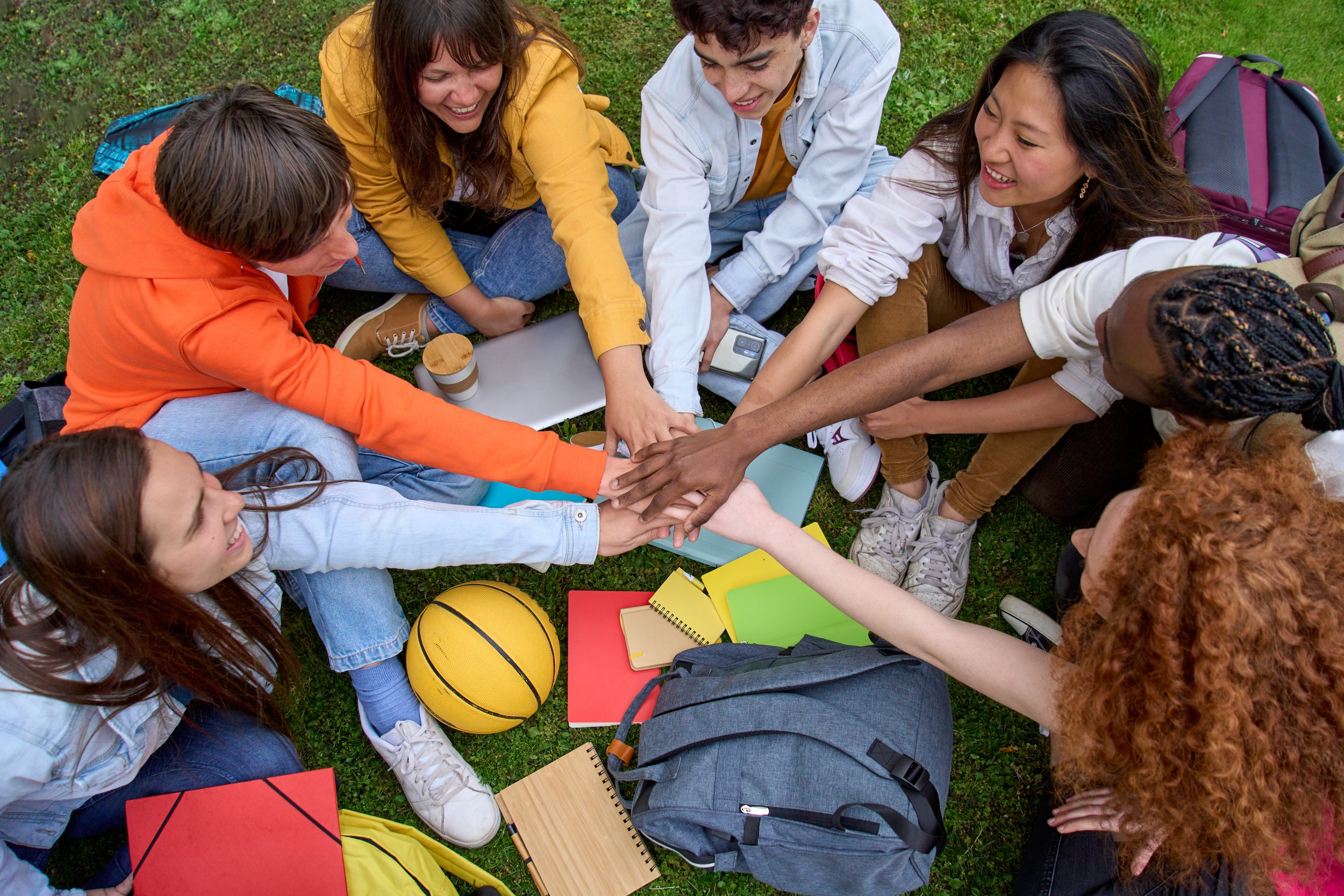
RESTORATIVE
ACTION
IN THE
SCHOOLS

Restorative Action in Abbotsford Middle Schools
Prevention and Intervention
Restorative Action is twofold in focus: prevention and intervention, and is facilitated in all eight public middle schools in Abbotsford. Our prevention work is rooted in dialogue circles that engage students in facilitated discussions. Circles help students acquire relationship skills that benefit their relationships with their peers and in all of their circles of belonging. Intervention work takes the practices of restorative justice and modifies them to work with students in situations of conflict within the school community. These restorative youth conferences are an excellent real-life application of the skills youth learn in the dialogue circles.
In Circle’s of Dialogue and Engagement (C.O.D.E) we engage students in dialogue and activities to build relational skills meant to assist students in better managing their relationships both at school and in all their circles of belonging. C.O.D.E consists of five one hour sessions facilitated over several weeks on topics including: understanding our values and how they impact decision making and behaviour; awareness of emotions and empathy; communication strategies; conflict styles and skills for conflict resolution, and; bullying prevention and skill development to effectively respond to situations of bullying.
Restorative interventions are alternatives to traditional disciplinary approaches that aim to respond restoratively to student wrong-doing by addressing the behaviour and the impacts on the school community; promoting responsible conduct, and helping students resolve conflicts, restore relationships, and make a healthy school community.
2024 marks a 20 year relationship between ARJAA’s Restorative Action (RA) program and the Abbotsford School District, making us one of the most established RA programs in the country. During that time our RA facilitators have had the opportunity to facilitate countless Restorative Youth Conferences and Circle of Dialogue and Engagement.
The Philosophy of Restorative Action
The principles of Restorative Justice encourage us to look at wrongdoing—even if it’s not criminal wrongdoing—as harm done to relationships and people. In a school setting, wrongdoing is often viewed as breaking the rules, with some kind of punishment as a consequence. RA, however, challenges us to look beyond traditional, punitive responses to a deeper level of analysis and response.
RA is built on the belief that people are relational and worthy of dignity, respect, and mutual concern. Rather than focus on controlling students’ behaviour, RA applies restorative principles and values to a process of conflict resolution in classrooms and school communities both as a framework for fostering safer schools and for enhancing positive school culture. Three interconnected aspects of RA are:
Creating just and equitable learning environments
Nurturing healthy relationships
Repairing harm and transforming relationships
Key questions
Who has been harmed?
How have relationships been affected?
How has this act impacted the school community?
What harm has been done?
What is needed to repair this harm and to heal this broken relationship?
What is needed so the affected parties can move on from this in a positive way, with no lingering bad feelings?
What steps need to be taken to prevent future harm?


